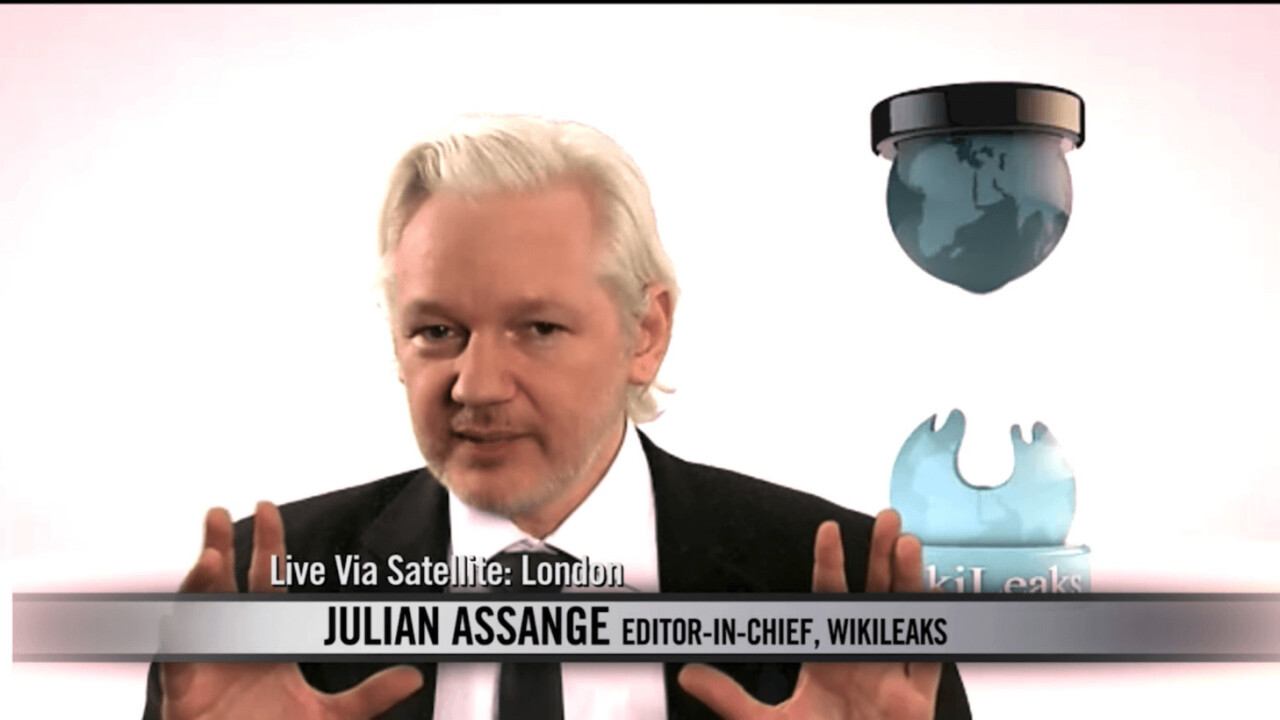
Last Friday, WikiLeaks editor-in-chief Julian Assange appeared on HBO’s Real Time with Bill Maher from his hideout at the Ecuadorian Embassy in London, to talk about the leak of 20,000 emails and 17 minutes of voicemail messages from the embattled DNC (Democratic National Committee).
Like much of what WikiLeaks has published, this has proven to be controversial due to the vast amounts of unredacted personal information in the dump. In addition to the passport information and green card data of DNC-supporting citizens and permanent residents living overseas, it included a long list of active credit card numbers.
When probed about this by Maher, Assange said “We did not publish full credit card numbers of donors… It’s the last four digits, just like your 7-Eleven receipt.”
It was bullshit then. It’s bullshit now, as with a little bit of Google-fu I was able to identify the card numbers, email addresses, phone numbers, and addresses of individuals who had donated as little as $25.00.
Looking further, I found the passport number and address of an American retiree living in Switzerland who had donated just five dollars.
Was Assange simply lying, or was he just oblivious to what he had just published? Are these the people Assange is trying to bring down?
WikiLeaks once prided itself on its ethical approach to leaking. It would redact documents where appropriate in order to protect people. When Chelsea Manning leaked 250,000 US Embassy cables to WikiLeaks, it worked with several established mainstream news organizations in the US, UK, Spain, and Germany to painstakingly edit the information.
Clearly that didn’t happen here, nor in the earlier leak from Turkey’s AKP party, which had the personal information of every female voter living in 79 of Turkey’s 81 provinces.
It’s often said by WikiLeaks supporters that “information wants to be free”. But for an awful lot of ordinary people, free information comes at a high price.
Get the TNW newsletter
Get the most important tech news in your inbox each week.




